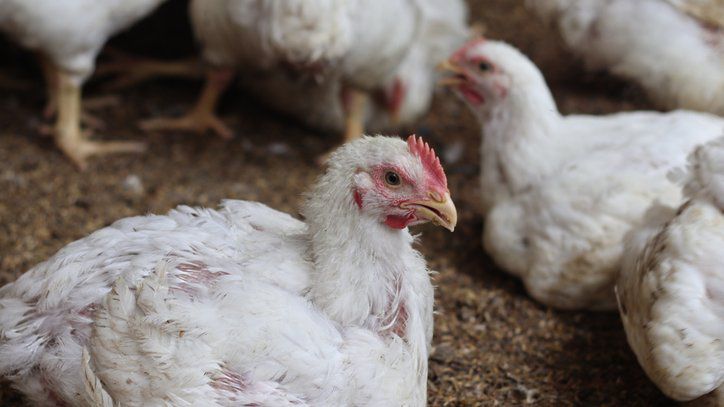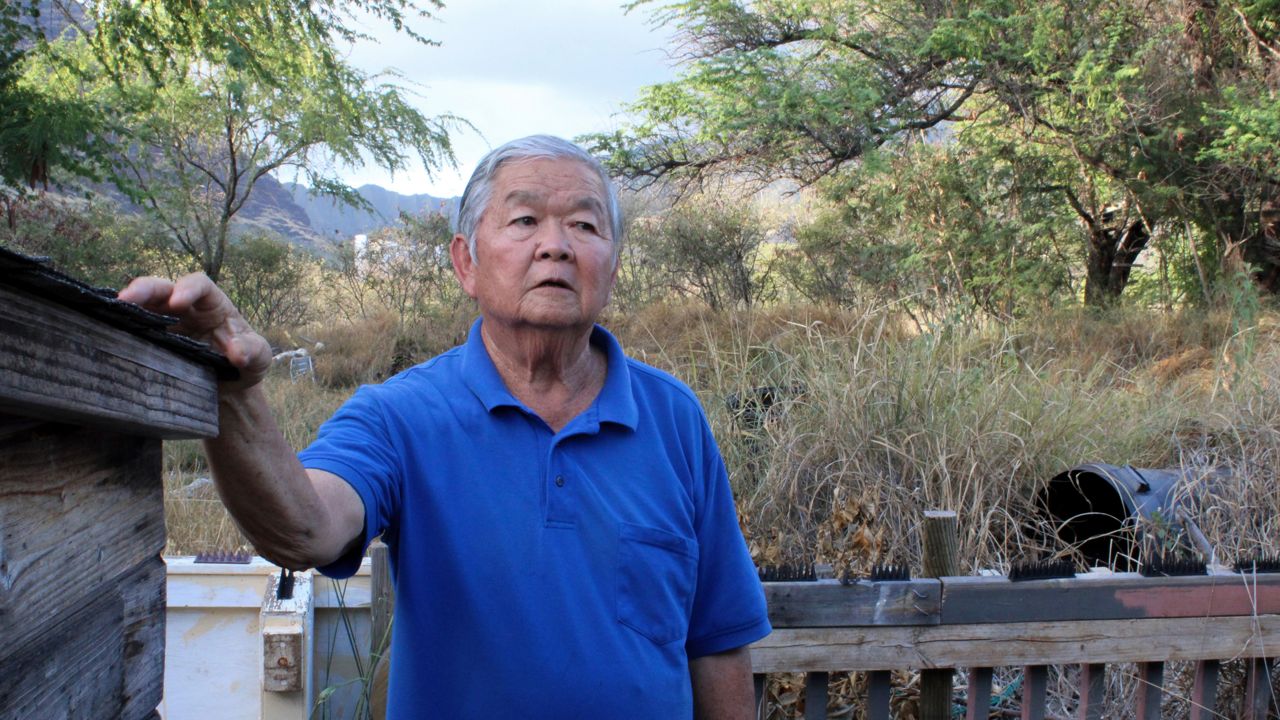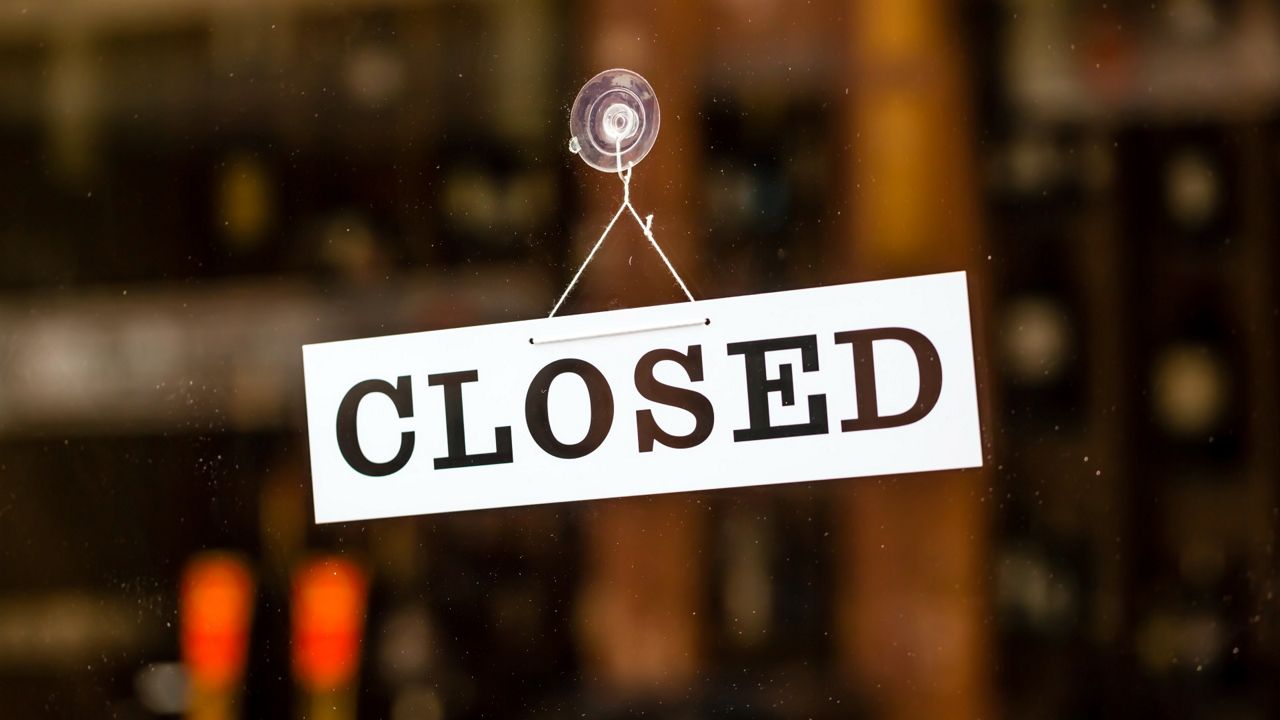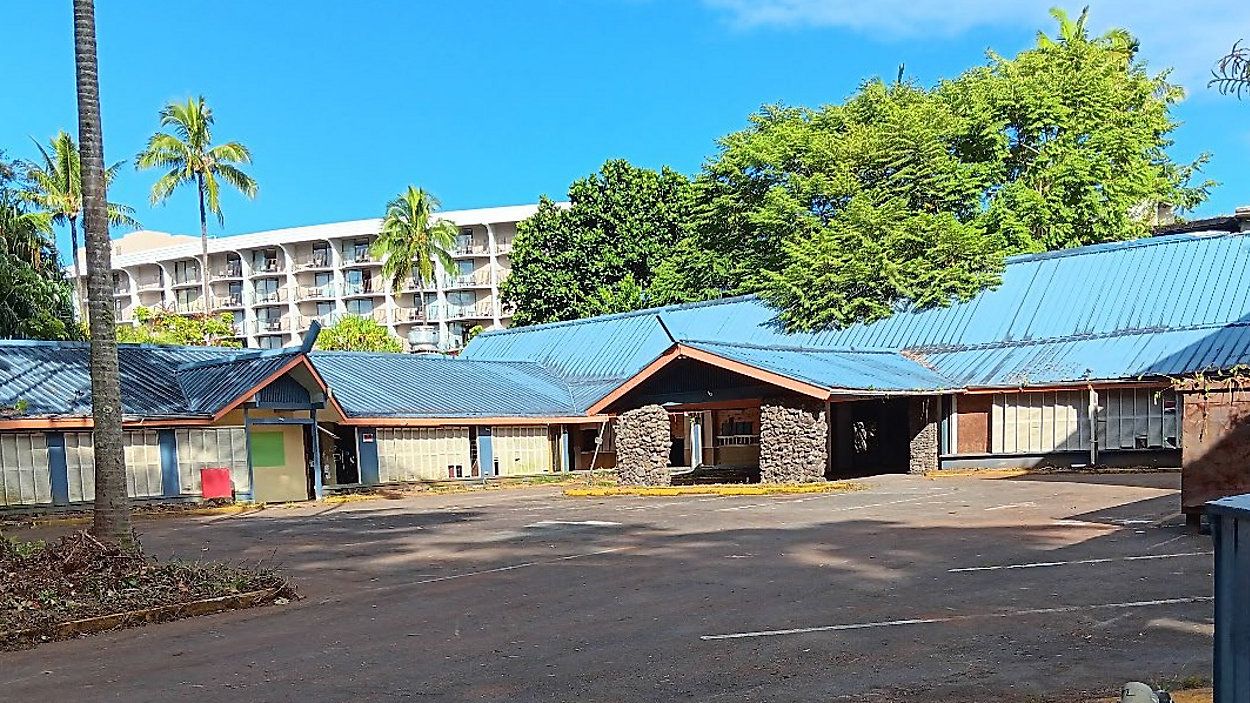The Hawaii Department of Health State Laboratories Division on Wednesday reported “very low levels” of H5 avian influenza was detected in wastewater samples from the Lihue Wastewater Treatment Plant on Kauai.
The first sample collected on Dec. 11, 2024, contained a level of bird flu so low that it was not considered a positive result, according to DOH. Additional samples taken on Dec. 18 and Jan. 8 were similar.
DOH says while none of the samples are considered a positive result, the consistency of very low-level detections “indicate a high likelihood that H5 bird flu virus is on Kauai.” To date, there has been no detection of the H5 virus in birds, dairy cows or humans on the island and birds infected with the virus have so far been limited to Oahu.
H5 bird flu viruses include the H5N1 subtype of bird flu virus that has spread around the world since being discovered in 1996. It was recently detected in several mammal species including dairy cows. Wastewater testing is unable to determine if the samples collected on Kauai are this specific H5N1 subtype of bird flu virus.
The H5N1 bird flu virus was first confirmed in Nov. 2024 in a backyard bird flock in Central Oahu; it was a different genotype of the virus that has infected birds and dairy cows on the U.S. Mainland, according to DOH. H5 has also been detected at the Hilo Wastewater Treatment Plant on Hawaii Island.
DOH says risk to the public remains low, however bird flu can cause severe illness and has a high mortality rate in certain bird populations such as poultry.
DOH strongly advises commercial poultry producers and residents with backyard flocks to increase biosecurity measures to reduce the chance of infection. Pasteurized milk from infected dairy cows is safe, but raw milk should be avoided according to DOH.
Residents who need to remove a dead wild bird from their property are advised to follow guidance from the Hawaii Department of Agriculture:
- Wear disposable gloves or turn a plastic bag inside out and use it to pick up the carcass
- Double-bag the carcass and throw it out with the regular trash
- Wash your hands and disinfect your clothing and shoes after handling a dead wild bird
- Afterwards, keep an eye on any health symptoms that may develop
The public can report multiple or unusual illnesses in poultry, livestock or other wild birds or animals from any island to the HDOA Animal Industry Division at 808-483-7100 or email hdoa.Idc@hawaii.gov from 7:45 a.m. to 4:30 p.m. Monday through Friday, or by calling 808-837-8092 during non-business hours and holidays.
Residents who believe they’ve been exposed to sick birds or other wildlife should contact the Disease Outbreak Control Division Disease Reporting Line at 808-586-4586 for guidance.
DOH resources on avian influenza:
DOH avian influenza information











